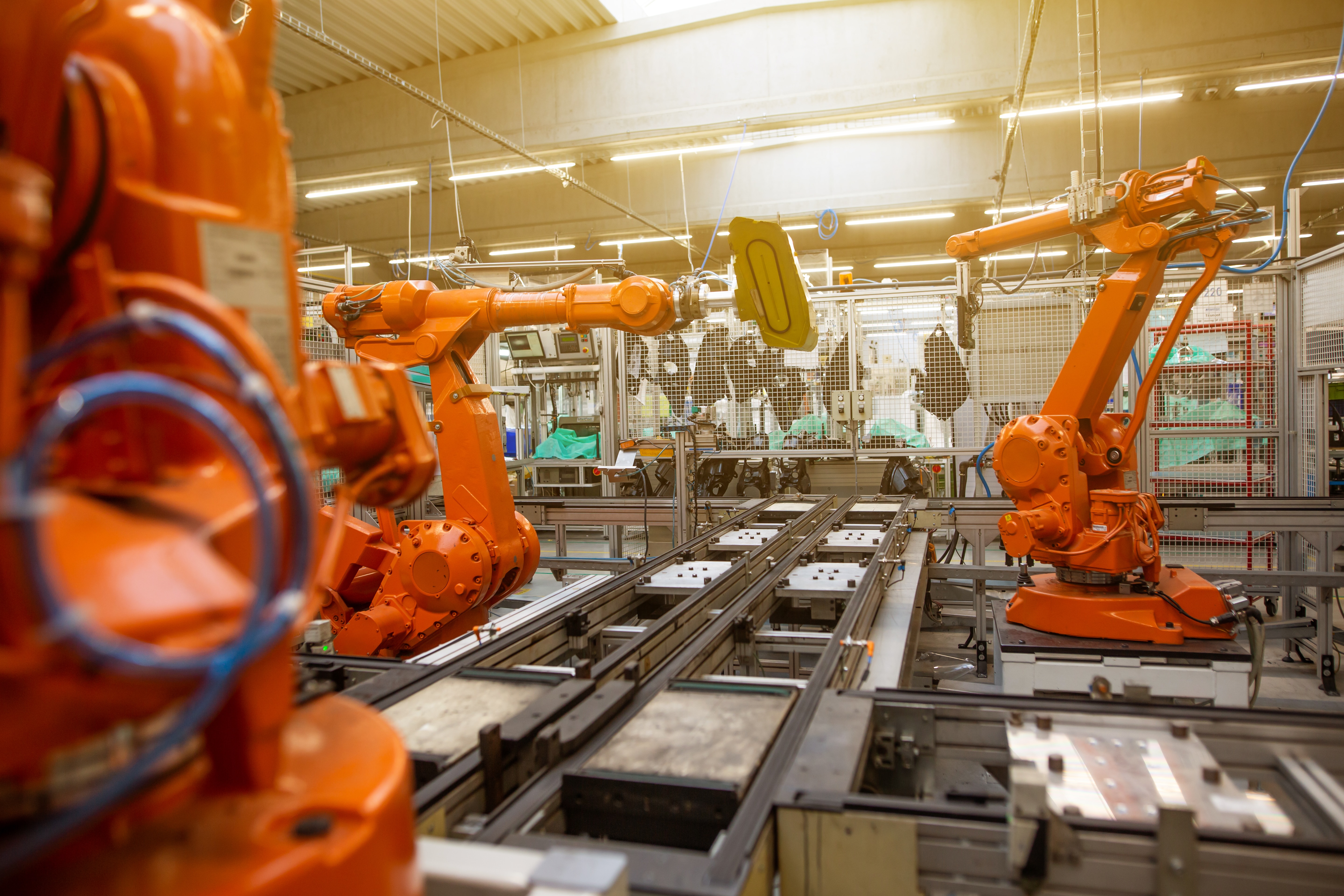The manufacturing industry is constantly evolving, and the arrival of smart factories has enabled manufacturing plants to become more efficient and productive. The integration of advanced technologies like Artificial Intelligence (AI), Internet of Things (IoT), and big data analytics has revolutionized the sector. However, as technology progresses and smart factories become more common, there has been a growing need for effective workforce management. This blog post will explore the role of workforce management in modern manufacturing and how it can help companies optimize their operations.

Enhancing Efficiency:
Smart factories can help manufacturers optimize their operations, reduce costs and enhance efficiency. However, it is important to note that the productivity of a manufacturing plant is highly dependent on the skill and experience of workers. Therefore, it is crucial to have proper workforce management in place to ensure that the right workers with the right skills are allocated to the right tasks. A well-managed workforce can help manufacturers achieve their production goals even in the most challenging conditions.
Smart factories require a balance between automated machinery and skilled personnel. The automated equipment and systems typically handle routine tasks, freeing up human workers to focus on higher-level tasks that require skills like creativity, critical thinking, and decision-making. Workforce management can help the company to identify tasks that can be automated, streamline production processes, and allocate resources appropriately.
Maintaining a safe work environment is critical for any manufacturing plant. With advanced technologies, the potential for workplace accidents can increase, and therefore a comprehensive risk management system is essential. Workforce management plays a significant role in ensuring that workers follow safety rules, regulations, and protocols. It helps to train personnel on safety procedures and monitors the workspace to identify potential hazards.
The manufacturing sector faces ongoing challenges with finding and retaining skilled workers, which has a major impact on productivity. Workforce management can help companies recruit and retain top talent by identifying skills and capabilities required for specific roles and allocate resources accordingly. Investing in employee development, training, and career progression opportunities can help manufacturers build a skilled workforce in a competitive market.
Smart factories generate huge amounts of data, and workforce management can help companies to leverage that data to make informed decisions. With data analytics, companies can monitor workforce performance, identify areas for improvement, and adjust workflows to optimize production efficiency. The ability to collect and analyze data from the factory floor can help manufacturers identify trends, forecast future needs and improve productivity in real-time.
Workforce management plays a crucial role in the success of smart factories. It helps manufacturers balance automation with human workers, optimize productivity while focusing on safety, identify and manage critical talent, and make data-driven decisions. By adopting modern workforce management strategies and tools like Veryable’s, companies can navigate the complexities of today’s manufacturing landscape, respond confidently to market changes, and achieve sustainable growth. Effective workforce management is not just a luxury, it’s a strategic necessity for any manufacturer aiming to lead in the era of smart factories.
To get answers to your questions and learn more about how our Workforce Management platform can support your operational goals, please contact us.
If you’re ready to take the next step, simply fill out our demo request form. A member of our team will reach out shortly to schedule a personalized walkthrough tailored to your needs.